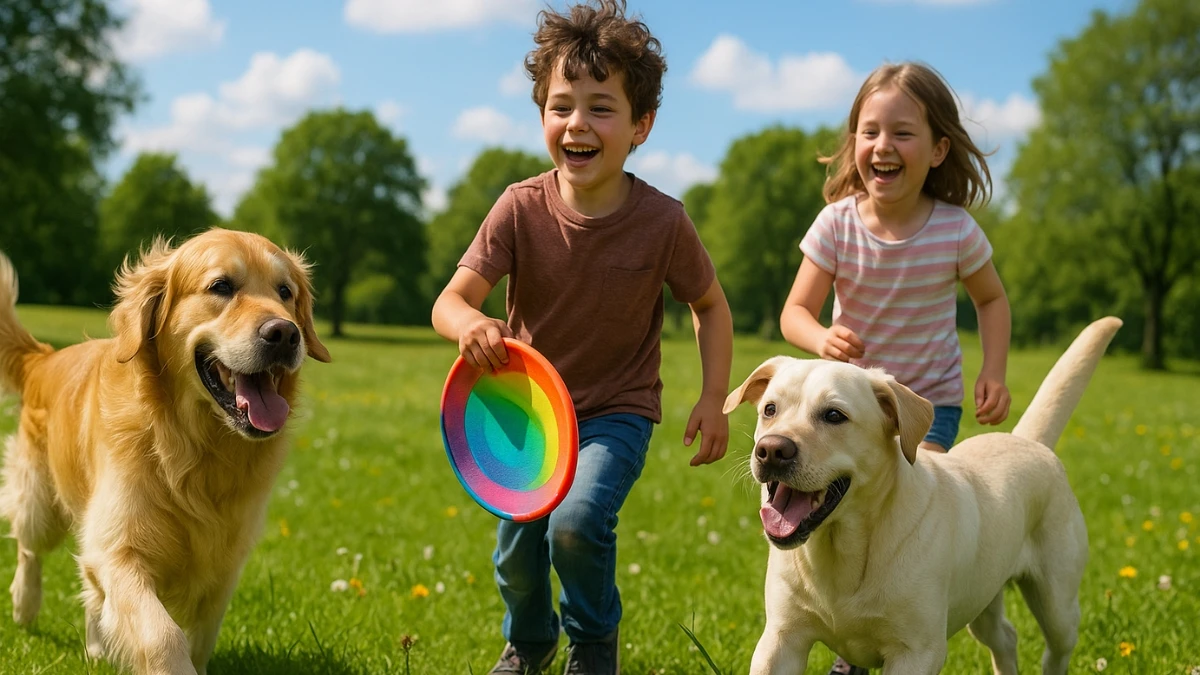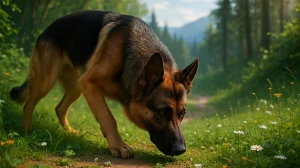Top 5 Best Dog Breeds for Kids
Choosing the right dog breed for kids is important to ensure a safe and loving relationship. Among the best dog breeds for children are Labrador Retrievers, Golden Retrievers, Beagles, Cavalier King Charles Spaniels, and Poodles. Labrador Retrievers are known for their friendly, patient, and loyal nature, making them great family dogs. Golden Retrievers are gentle, intelligent, and affectionate, perfect for kids who want an energetic yet calm companion. Beagles are small, playful, and sociable, thriving in active family environments.
Cavalier King Charles Spaniels are gentle and loving lap dogs, ideal for younger children who enjoy cuddling. Poodles, especially the Miniature and Standard types, are intelligent, easy to train, and hypoallergenic, suitable for families with allergy concerns. These breeds combine temperament, energy, and affection, making them excellent choices for families with children.
|
Rank |
Dog Breed |
|---|---|
|
5 |
Cavalier King Charles Spaniel |
|
4 |
Poodle |
|
3 |
Beagle |
|
2 |
Labrador Retriever |
|
1 |
Golden Retriever |
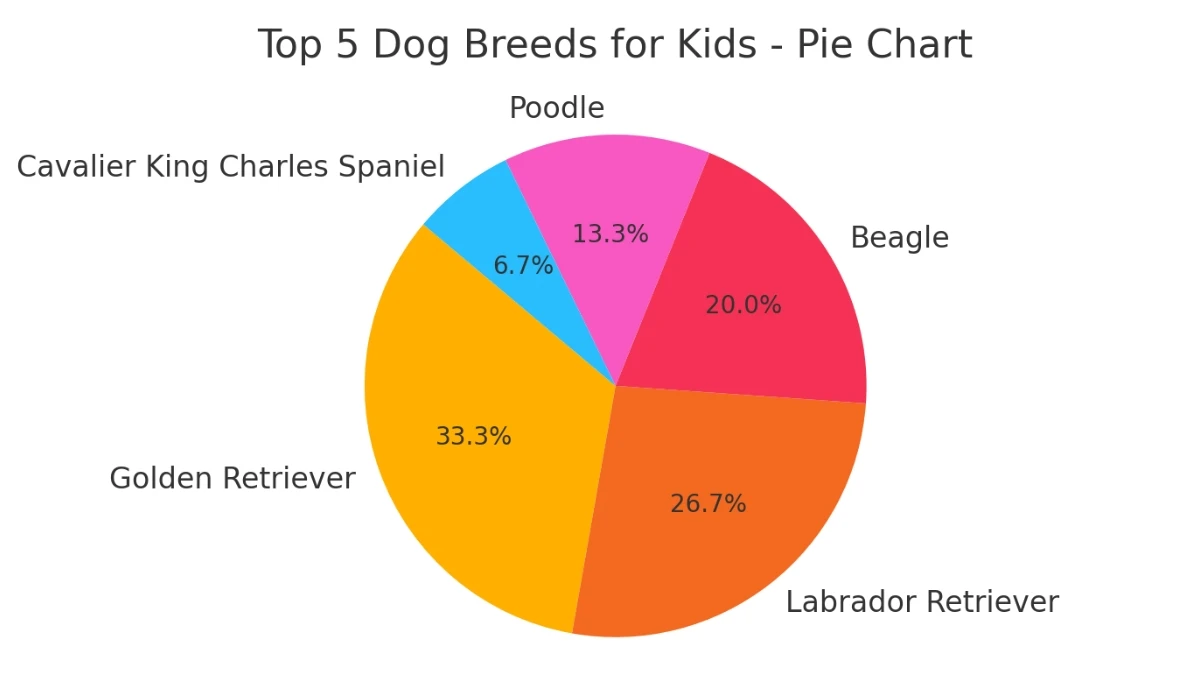
5. Cavalier King Charles Spaniel
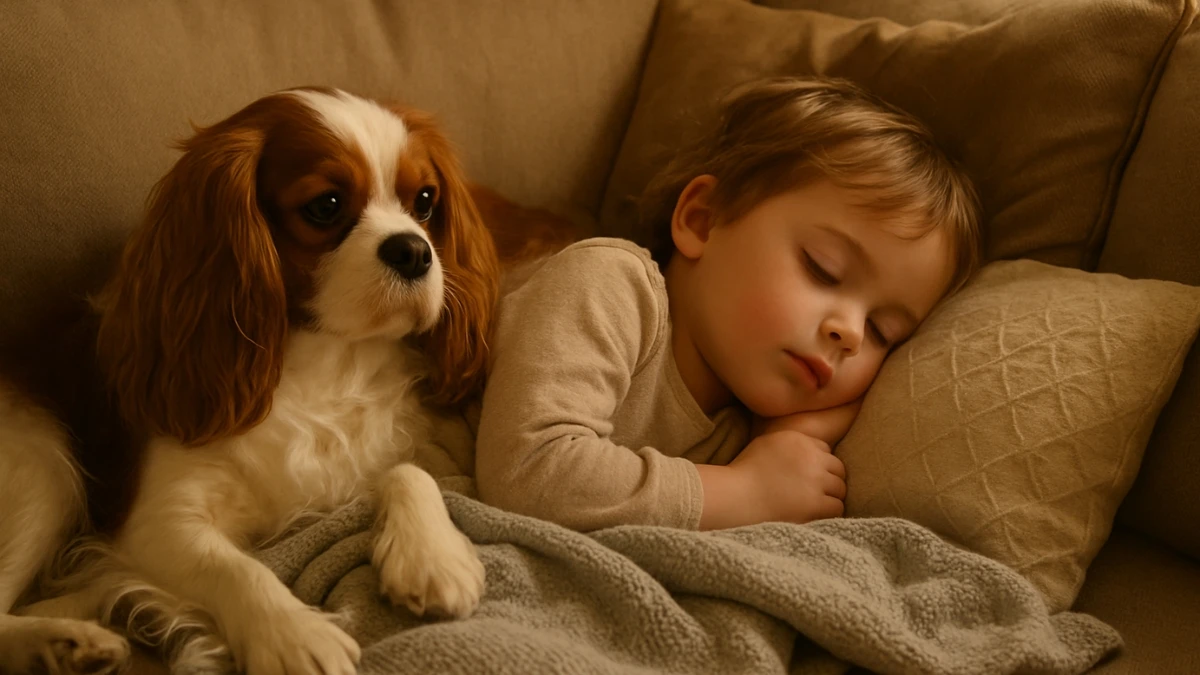
|
Size |
Small (13-18 lbs) |
|
Lifespan |
12-15 years |
|
Height |
12-13 inches at the shoulder |
Temperament: Gentle, affectionate, and friendly. Cavaliers are known for their calm demeanor and love for cuddling. They are extremely people-oriented and enjoy being around children.
Energy Level: Moderate. Cavaliers enjoy playtime and daily walks but don’t require as much exercise as larger, more active breeds.
Characteristics: Cavaliers are affectionate lap dogs, well-suited for families with young children or anyone looking for a companion dog. They are easygoing and get along well with other pets. They do require regular brushing to maintain their silky coats and to prevent matting.
Best for: Families with young children or those looking for a smaller, calm dog that enjoys being a lap companion and enjoys being involved in family life.
Exercise needs: Cavalier King Charles Spaniels have relatively low to moderate exercise needs. A daily walk and some indoor playtime are usually enough to keep them happy. They’re content with short walks but also enjoy spending time with their family indoors.
Grooming: This breed requires moderate grooming to keep their coats soft and tangle-free. Regular brushing will help prevent matting, especially around the ears and underarms. They shed a small amount year-round but are generally manageable.
4. Poodle
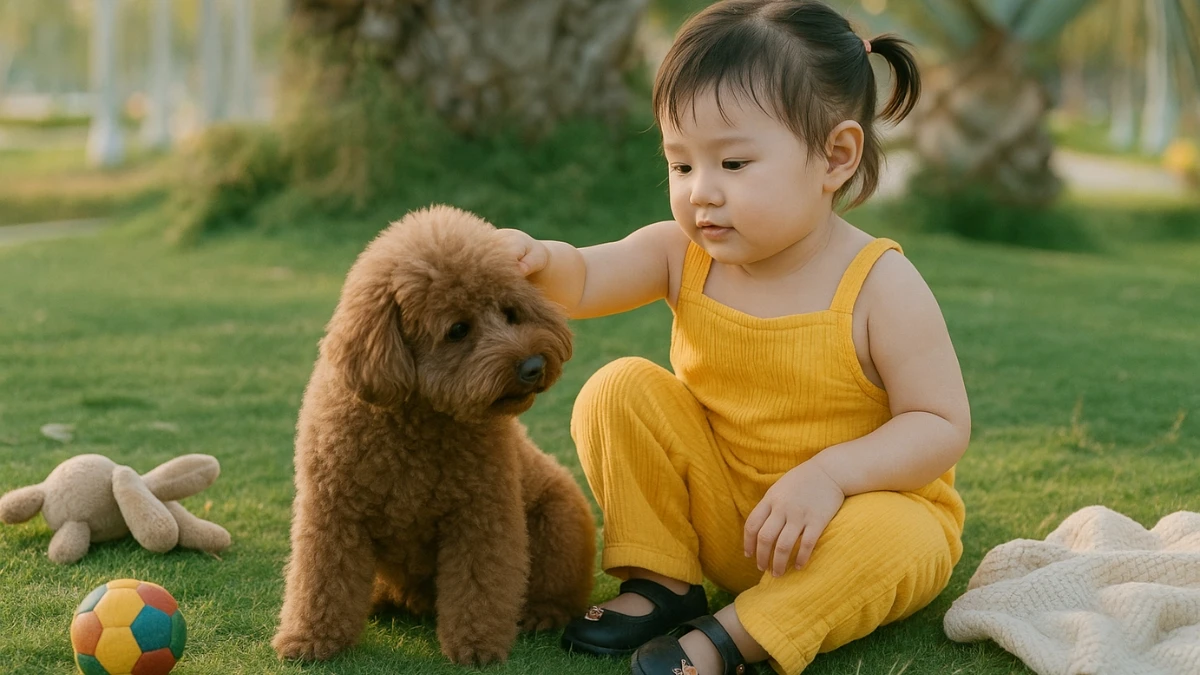
|
Size |
Varies by type (Standard: 40-70 lbs) |
|
Lifespan |
12-15 years |
|
Height |
Standard: 15+ inches, Miniature: 10-15 inches |
Temperament: Intelligent, active, and affectionate. Poodles are versatile, often excelling in dog sports, and are very people-oriented.
Energy Level: Moderate to High. Poodles are energetic and enjoy mental stimulation just as much as physical activity. They require regular exercise and mental challenges.
Characteristics: Poodles are known for their hypoallergenic coats, making them ideal for families with allergies. They're highly intelligent and easy to train, excelling in obedience and agility. The grooming needs are high, especially for the Standard and Miniature Poodle, as their coats require regular professional grooming.
Best for: Families with allergies or those who want a highly trainable, low-shedding dog. Poodles are also ideal for families who enjoy mental stimulation activities like training and puzzle-solving.
Exercise needs: Poodles need moderate to high levels of exercise. They thrive in activities that challenge their minds, so interactive games, agility training, and daily walks are perfect. They also enjoy outdoor activities like swimming and running.
Grooming: Poodles require regular grooming due to their curly, non-shedding coats. Professional grooming every 6-8 weeks is necessary to keep their coat in top condition. You’ll also need to brush their fur at home regularly to prevent mats from forming.
3. Beagle
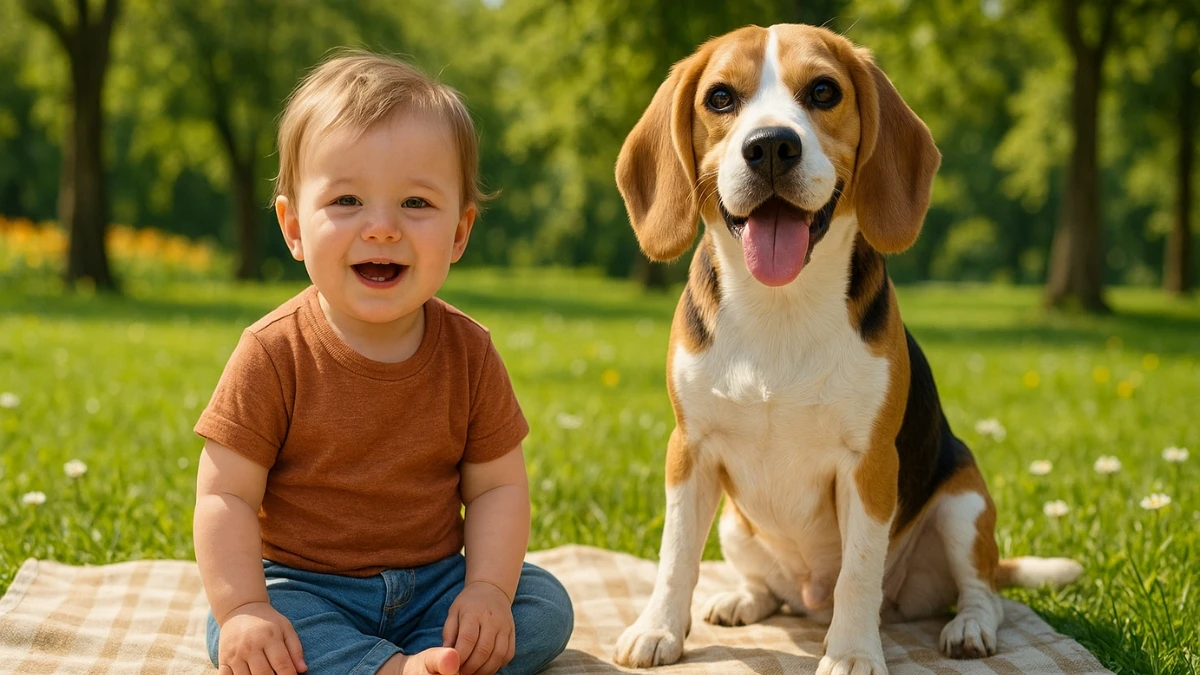
|
Size |
Small to Medium (20-25 lbs) |
|
Lifespan |
12-15 years |
|
Height |
13 to 15 inches at the shoulder |
Temperament: Curious, friendly, and merry. Beagles are affectionate and good-natured but can also be independent and a bit stubborn at times.
Energy Level: Moderate. Beagles enjoy outdoor activities, but their exercise needs are more moderate compared to larger breeds. They do enjoy walks and playtime.
Characteristics: Beagles are excellent family pets, known for their friendly and gentle demeanor. They can be vocal, especially when they sense something interesting. Their short coat sheds moderately and requires minimal grooming.
Best for: Families that want a sturdy, medium-sized dog with moderate energy levels, making them ideal for both active and more relaxed households.
Exercise needs: Beagles have moderate exercise needs, requiring around 30-45 minutes of activity daily. They enjoy walks and outdoor play, but they are not as demanding as high-energy breeds like Golden Retrievers or Labs. However, if you plan to let them off-leash, be aware that they have a strong sense of smell and may get distracted by scents.
Grooming: Beagles have short coats that are easy to maintain. A weekly brushing will keep their coat healthy and remove loose fur. They do shed year-round but at a manageable level.
2. Labrador Retriever
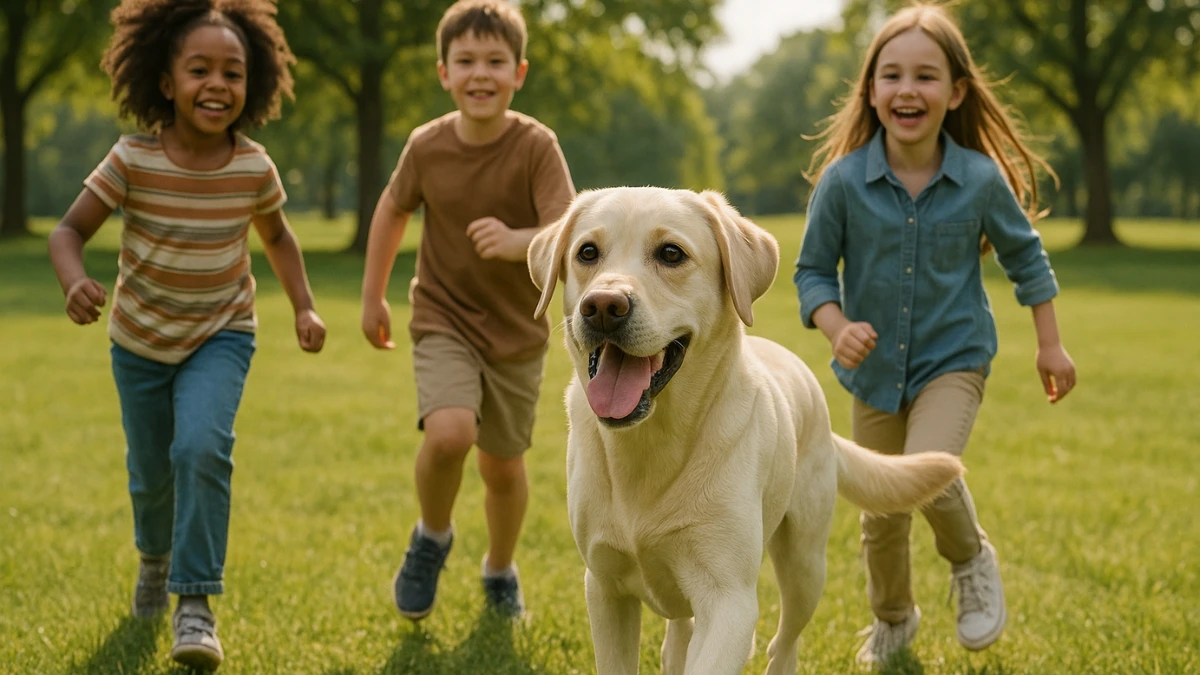
|
Size |
Medium to Large (55-80 lbs) |
|
Lifespan |
10-12 years |
|
Height |
21.5 to 24.5 inches at the shoulder |
Temperament: Friendly, outgoing, patient, and reliable. Labs are known for their gentle nature and love of people, especially children.
Energy Level: High. Labradors are energetic and need a lot of exercise, such as running, swimming, or playing fetch, to burn off their energy.
Characteristics: Labradors are incredibly loyal and eager to please, making them easy to train. They have a playful personality and are excellent companions for active families. Their short coat sheds regularly, but they are relatively low-maintenance in terms of grooming.
Best for: Active families who enjoy outdoor activities and are willing to dedicate time to training and exercise. Labs thrive in homes where they’re treated as part of the family and involved in daily activities.
Exercise needs: Labrador Retrievers are high-energy dogs that require at least two hours of activity every day. They love running, swimming, hiking, and any form of play. If your family enjoys being outdoors and being active, a Labrador will fit in seamlessly.
Grooming: Labs have short, dense coats that shed year-round. Regular brushing will help manage the shedding and keep your dog comfortable. Despite their shedding, their grooming needs are relatively low-maintenance compared to other breeds.
1. Golden Retriever
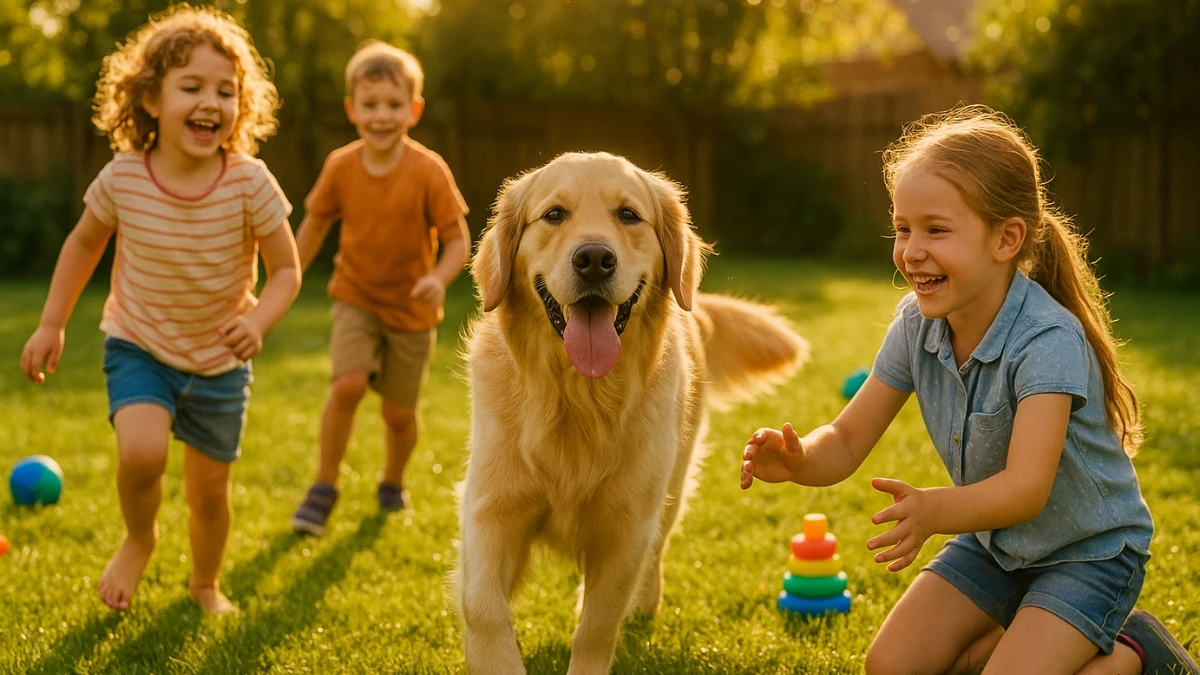
|
Size |
Medium to Large (55-75 lbs) |
|
Lifespan |
10-12 years |
|
Height |
21.5 to 24 inches at the shoulder |
Temperament: Friendly, intelligent, patient, and loyal. Golden Retrievers are known for their affectionate and sociable nature, making them great family pets.
Energy Level: High. Golden Retrievers are active and require regular physical exercise like walking, playing, and swimming.
Characteristics: Golden Retrievers are gentle, trustworthy, and eager to please. They are highly trainable and love being part of family activities. They tend to be good with kids, other dogs, and pets. Their coats are dense and shed regularly, requiring maintenance grooming.
Best for: Families with children of all ages, particularly those who want an energetic, active companion who can keep up with outdoor adventures.
Exercise needs: Golden Retrievers require moderate to high exercise, typically around 60-90 minutes a day. They love activities like running, swimming, and playing fetch. If your family enjoys outdoor activities like bike rides or hiking, a Golden Retriever can be the perfect partner. Their energy level and sociable nature make them great companions for both kids and adults.
Grooming: Golden Retrievers shed quite a bit, so they require regular grooming to keep their coat shiny and healthy. Weekly brushing is typically sufficient, but during shedding seasons (spring and fall), they may need more frequent brushing to manage the excess fur.
Disclaimer:
This information is intended for general informational purposes only and should not be considered professional advice. Before choosing a dog breed for your family, it's important to conduct your own research and consult with qualified experts, such as veterinarians or professional dog trainers. Every dog and household is unique, so making an informed decision is essential.

